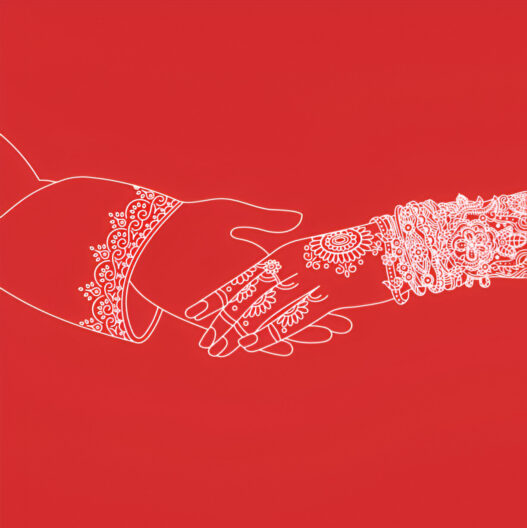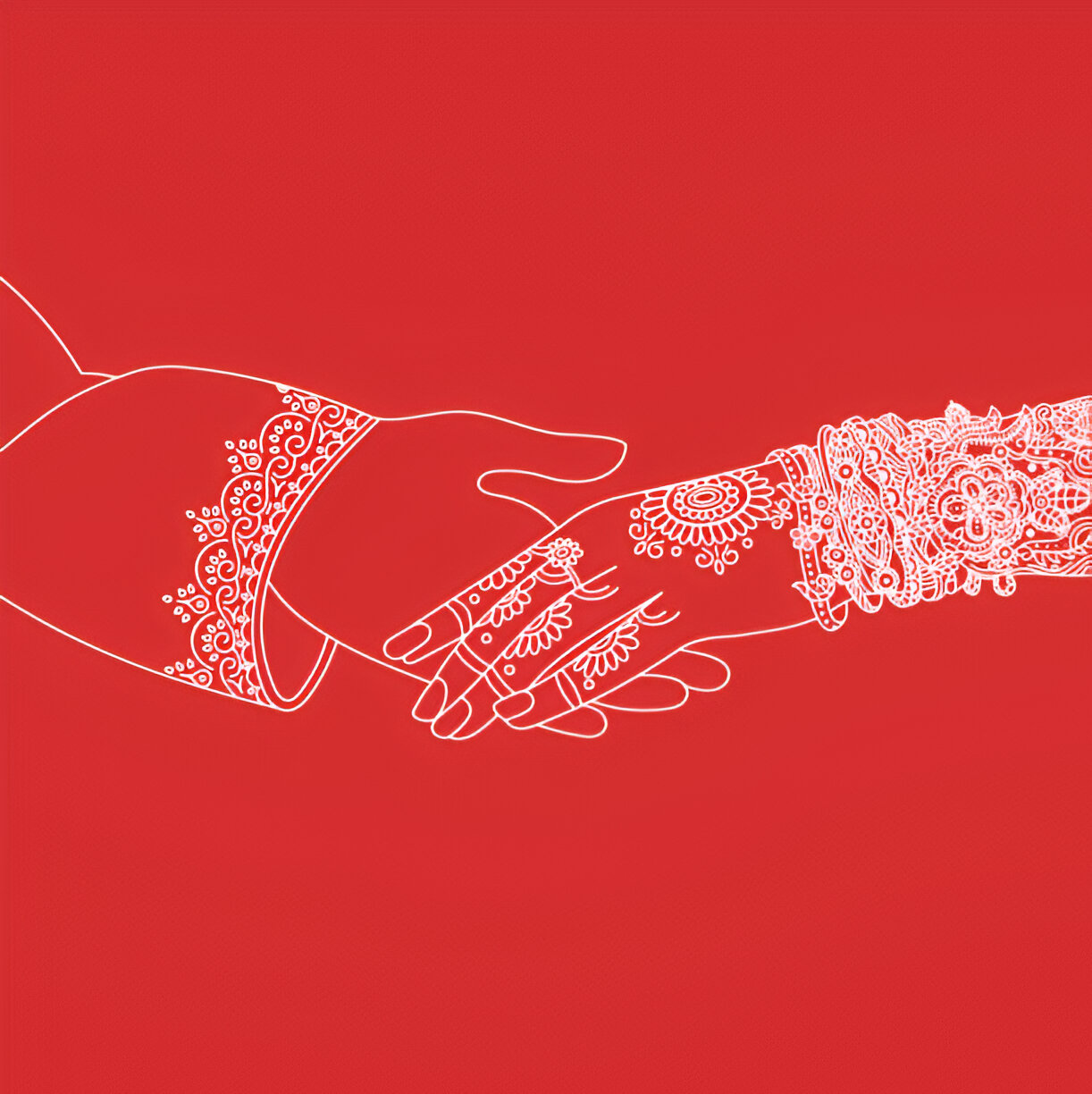The Hindu Marriage Act of 1955 is a landmark piece of legislation that codified and reformed the laws relating to marriage among Hindus in India. This discussion provides a detailed explanation of the Act’s key provisions, covering aspects from marriage conditions to divorce and beyond.
Overview of the Hindu Marriage Act, 1955
This Act applies to Hindus, Buddhists, Jains, and Sikhs. It also applies to anyone domiciled in India who is not a Muslim, Christian, Parsi, or Jew, unless they are governed by their own custom or usage. The Act aims to regulate marriage, divorce, and related matters within the Hindu community.
Key Definitions
-
Custom and Usage: Refers to a rule that has been continuously and uniformly observed for a long time and has the force of law.
-
District Court: The principal civil court of original jurisdiction.
-
Full Blood, Half Blood, and Uterine Blood: Defines relationships based on common ancestry.
-
Sapinda Relationship: Defines the limits of prohibited relationships based on lineage.
-
Degrees of Prohibited Relationship: Specifies relationships within which marriage is not allowed.
Conditions for a Valid Hindu Marriage
Section 5 of the Act outlines the conditions for a valid Hindu marriage:
-
Monogamy: Neither party should have a living spouse at the time of marriage.
-
Sound Mind: Neither party should be incapable of giving valid consent due to unsoundness of mind, mental disorder, or recurrent attacks of insanity.
-
Age: The groom must be 21 years old, and the bride must be 18 years old.
-
Prohibited Relationships: The parties should not be within the degrees of prohibited relationships unless custom permits it.
-
Sapinda Relationship: The parties should not be sapindas of each other unless custom permits it.
Ceremonies for a Hindu Marriage
A Hindu marriage can be solemnized according to the customary rites and ceremonies of either party. The marriage is considered complete and binding when the Saptapadi (taking seven steps before the sacred fire) is performed.
Registration of Hindu Marriages
The State Government may make rules for the registration of Hindu marriages to facilitate proof of marriage. The government may make registration compulsory, and contravention of rules may result in a fine. The Hindu Marriage Register is open for inspection and admissible as evidence. However, the validity of a Hindu marriage is not affected by the omission to make an entry.
Restitution of Conjugal Rights
If either spouse withdraws from the society of the other without reasonable excuse, the aggrieved party can petition the district court for restitution of conjugal rights. The burden of proving reasonable excuse lies on the person who has withdrawn from the society.
Judicial Separation
Either party can petition for judicial separation on the grounds specified for divorce. After a decree for judicial separation, cohabitation is no longer obligatory, but the court may rescind the decree if it is just and reasonable.
Nullity of Marriage and Divorce
-
Void Marriages: Marriages that contravene the conditions specified in Section 5 (monogamy, prohibited relationships, etc.) are null and void.
-
Voidable Marriages: Marriages can be annulled on grounds such as impotency, unsoundness of mind, consent obtained by force or fraud, or pre-marriage pregnancy by another person.
-
Divorce: A marriage can be dissolved by a decree of divorce on grounds such as adultery, cruelty, desertion, conversion to another religion, unsoundness of mind, incurable diseases, renunciation of the world, or presumed death.
Time Limits for Divorce
-
No petition for divorce can be presented within one year of marriage, except in cases of exceptional hardship or depravity.
-
Divorced persons can remarry after the appeal period has expired.
Legitimacy of Children
Children of void and voidable marriages are considered legitimate.
Punishment for Bigamy
Bigamy (having more than one spouse) is void and punishable under the Indian Penal Code.
Jurisdiction and Procedure
Petitions under this Act are presented to the District Court where:
-
The marriage was solemnized.
-
The respondent resides.
-
The parties last resided together.
-
The wife resides (if she is the petitioner).
-
The petitioner resides (if the respondent is outside the jurisdiction).
The court may transfer petitions, conduct trials expeditiously, and ensure that proceedings are in camera.
Maintenance and Alimony
The court may order maintenance pendente lite (during the proceedings) and permanent alimony and maintenance. The court can also make provisions for the custody and education of children.
Disposal of Property
The court may make provisions for the disposal of property presented at the time of marriage, which belongs jointly to both spouses.
Appeals
Decrees and orders under this Act are appealable, except for orders on costs. Appeals must be preferred within 90 days.
Enforcement of Decrees and Orders
Decrees and orders are enforced like decrees and orders of the court in its original civil jurisdiction.
Key Takeaways
The Hindu Marriage Act, 1955, provides a comprehensive framework for regulating marriages among Hindus in India. It specifies conditions for valid marriages, outlines grounds for divorce and annulment, and addresses issues related to maintenance, custody, and property. Understanding the key provisions of this Act is crucial for anyone involved in a Hindu marriage or contemplating legal action related to marriage.




